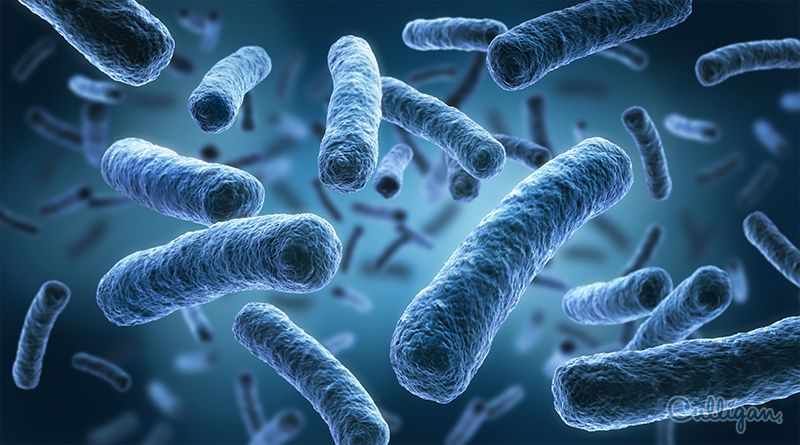In addition, probiotics not only improve the quality of intestinal flora, they also cover numerous important functions that are equally important.
There are many factors that destabilize normal intestinal flora and their balance. These include: unhealthy dietary habits, increasingly strict hygienic habits, taking antibiotics or eating food in poor condition, digestive disorders that affect motility or transit, a high level of stress or remote infectious processes (mainly lung and liver).
Dr. Francisco Martínez Peñalver – Neolife Medical Team
It’s important that the probiotic formula we use covers a broad spectrum within the needs of the organism
Taking probiotics has been included in the WHO’s health recommendations for a number of years now. These probiotic drugs are intended to improve the quality of the individual’s intestinal flora, which is essential for the tasks of digestion and food absorption and maintaining homeostasis, the balance between flora and the human body serving as its guest.
In our intestinal flora there are around 1,000 different types of bacteria, so it is crucial that the probiotic we use covers a broad spectrum within the needs of the organism. The most important bacteria of our flora microbiota belong to 3 families: firmicutes, bacteroidetes and actinobacterias. Among firmicutes and actinobacterias, lactobacillus and bifidobacteria, respectively, are the most useful bacteria in our human flora. The composition of this flora varies throughout our lives and is conditioned in part by the environment and our diet (1).

Probiotics not only improve the quality of the intestinal flora; they also cover several functions on the intestinal wall that are of equal importance. One of them is changing the structure of the proteins of the intestine wall, making the unions between these same cells more resistant to external aggressions. They also encourage the production of anti-inflammatory cytokines, such as IL-1, which will attempt to alleviate inflammation in intestinal epithelial cells. They also inhibit the production of proinflammatory cytokines, such as TNF, and decrease the level of T lymphocytes circulating through the intestinal wall, thereby lessening the harmful effect of certain external agents and minimizing the innate immunity response. And last but not least, probiotics inhibit the production of adhesive factors, both in the intestinal epithelium and through pathogenic bacteria (for example, all subfamilies of E. coli), which reduces the chances of severe infection through the intestine (2).
There are many factors that destabilize normal intestinal flora and their balance in relation to the host. Those worth mentioning include unhealthy dietary habits (especially foods with a high glycemic index), increasingly strict hygienic habits, taking antibiotics or eating food in poor condition, digestive disorders that affect motility or transit, and other factors that may seem external to the intestine but are not, such as a high level of stress or remote infectious processes (mainly lung and liver). (3).
If the intestinal flora weakens, digestion and malabsorption problems may appear due to alteration of the function of the intestinal epithelial barrier, but also more often infections occur in any place along the gastrointestinal tract due to the alteration of immunity at the local level, as described above. These immunity failures can also cause a greater onset of diseases, such as inflammatory bowel disease, celiac disease, irritable colon, c. diff. colitis, or, what’s even more frequent in these patients, the appearance of a fatty liver.
The loss of homeostatic balance between the flora microbiota and the host can lead to the emergence of diseases in other systems as well, such as metabolic syndrome, type-2 diabetes and diseases of the central nervous system (such as Parkinson’s and autism spectrum disorders).
There are numerous probiotic bacteria formulas on the market; but it is important to choose a supplement within this grand variety that opts for strains (mainly lactobacillus and bifidobacteria) that contribute to a better intestinal equilibrium, avoiding all the possible complications we’ve mentioned here.
BIBLIOGRAPHY
(1) Magalhaes et al. The intestinal epithelial barrier: How to distinguish between the microbial flora and pathogens. Seminars in Inmunology, 19(2), 106-115 (2007).
(2) Kerac M et al. Probiotics and prebiotics for severe acute malnutrition (PRONUT Study): a double blind efficacy randomized controlled trial in Malawi. Lancet, 374 (9684), 136-44 (2009).
(3) Qin et al. L plantarum prevents enteroinvasive Escherichia coli-induced tight junction protein changes in intestinal epithelial cells. BMC Microbiol, 9, 63 (2009).
